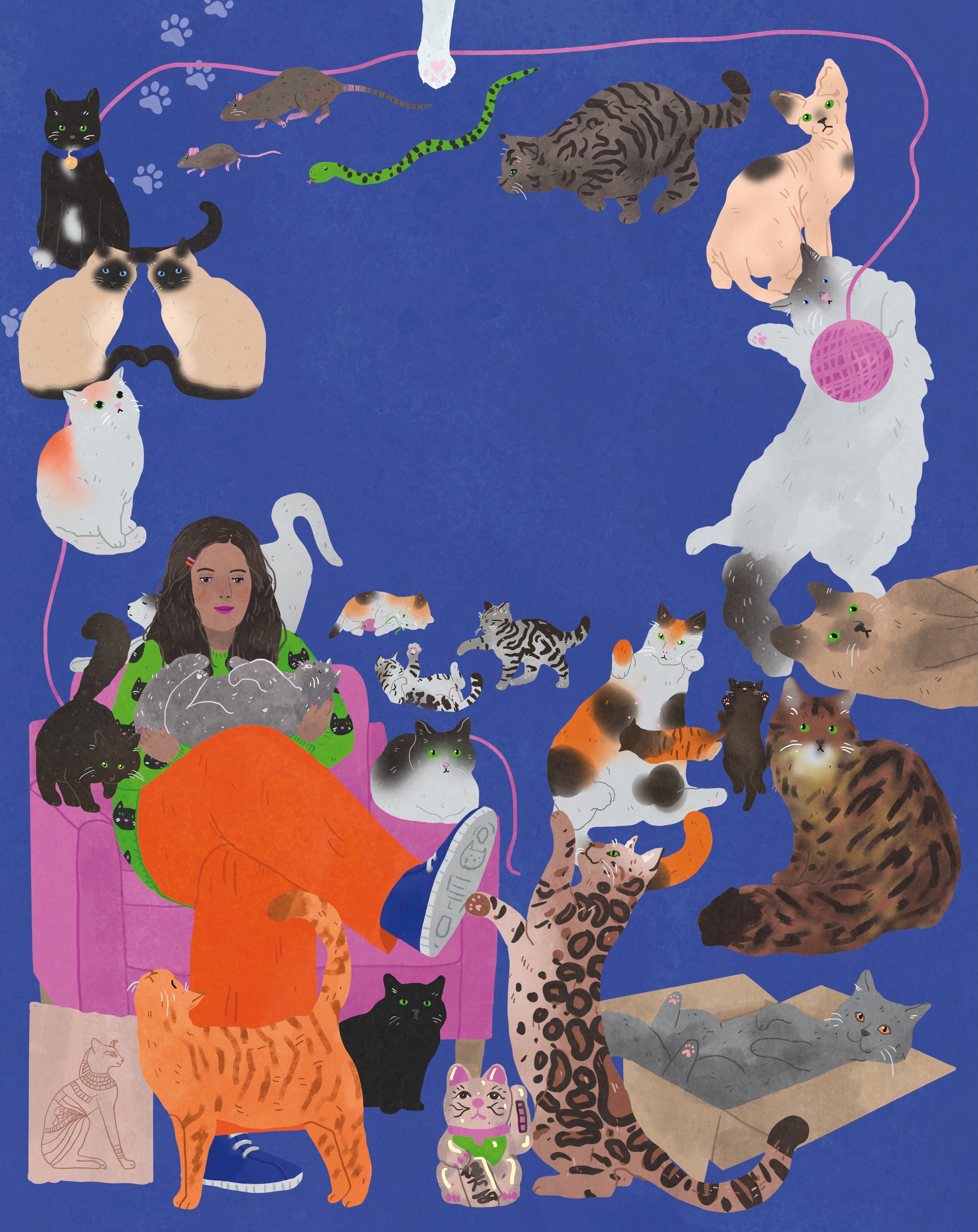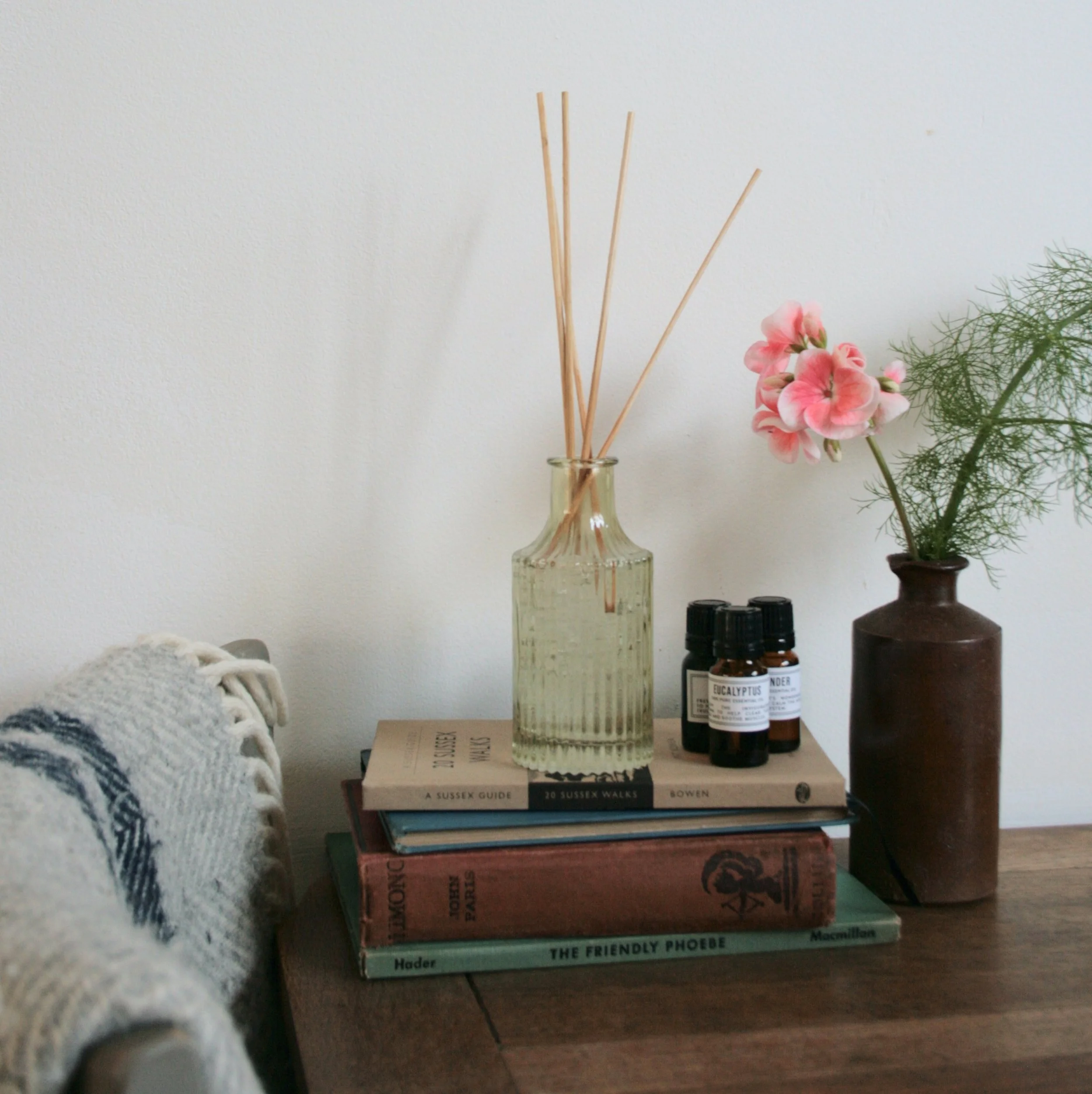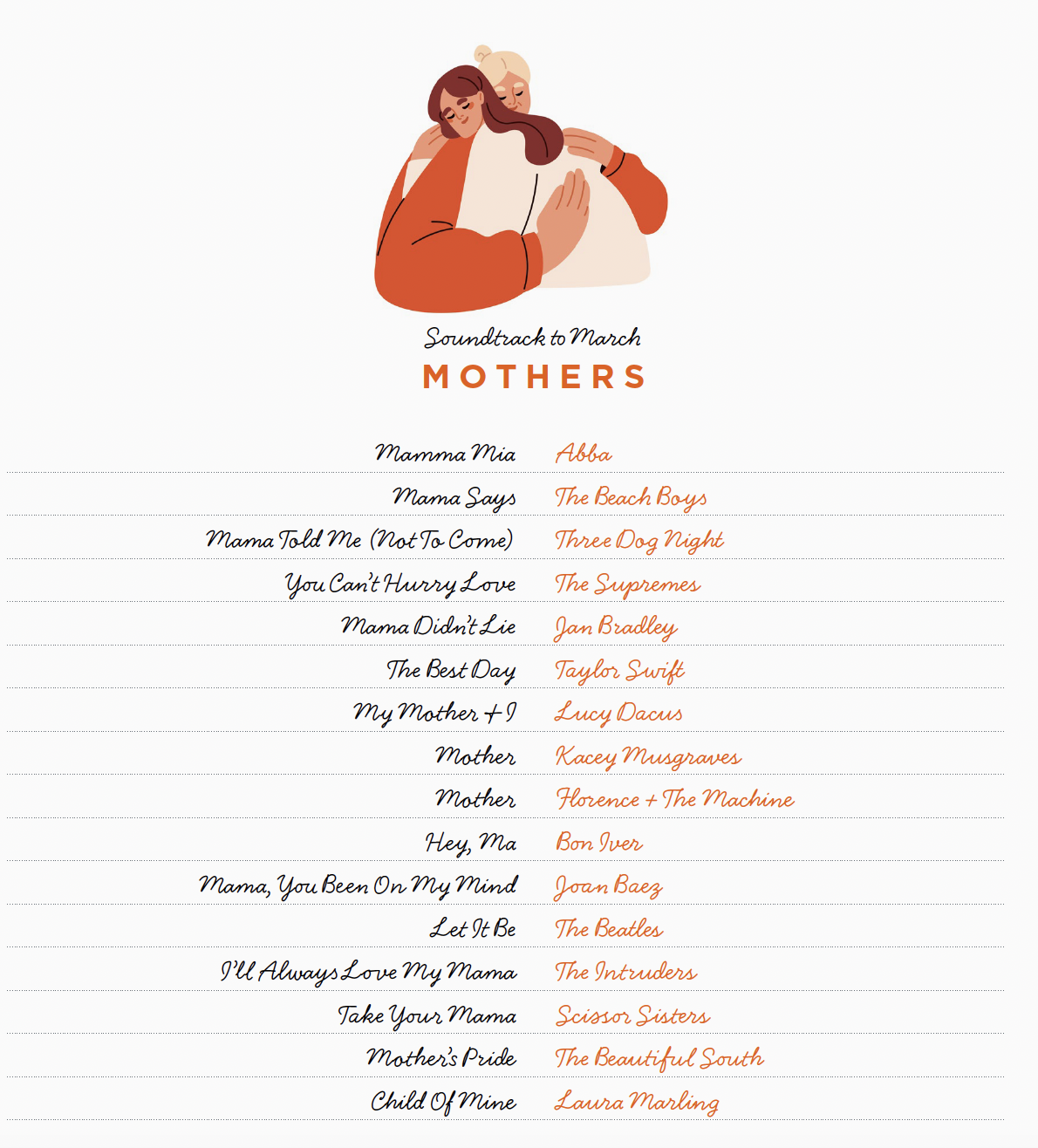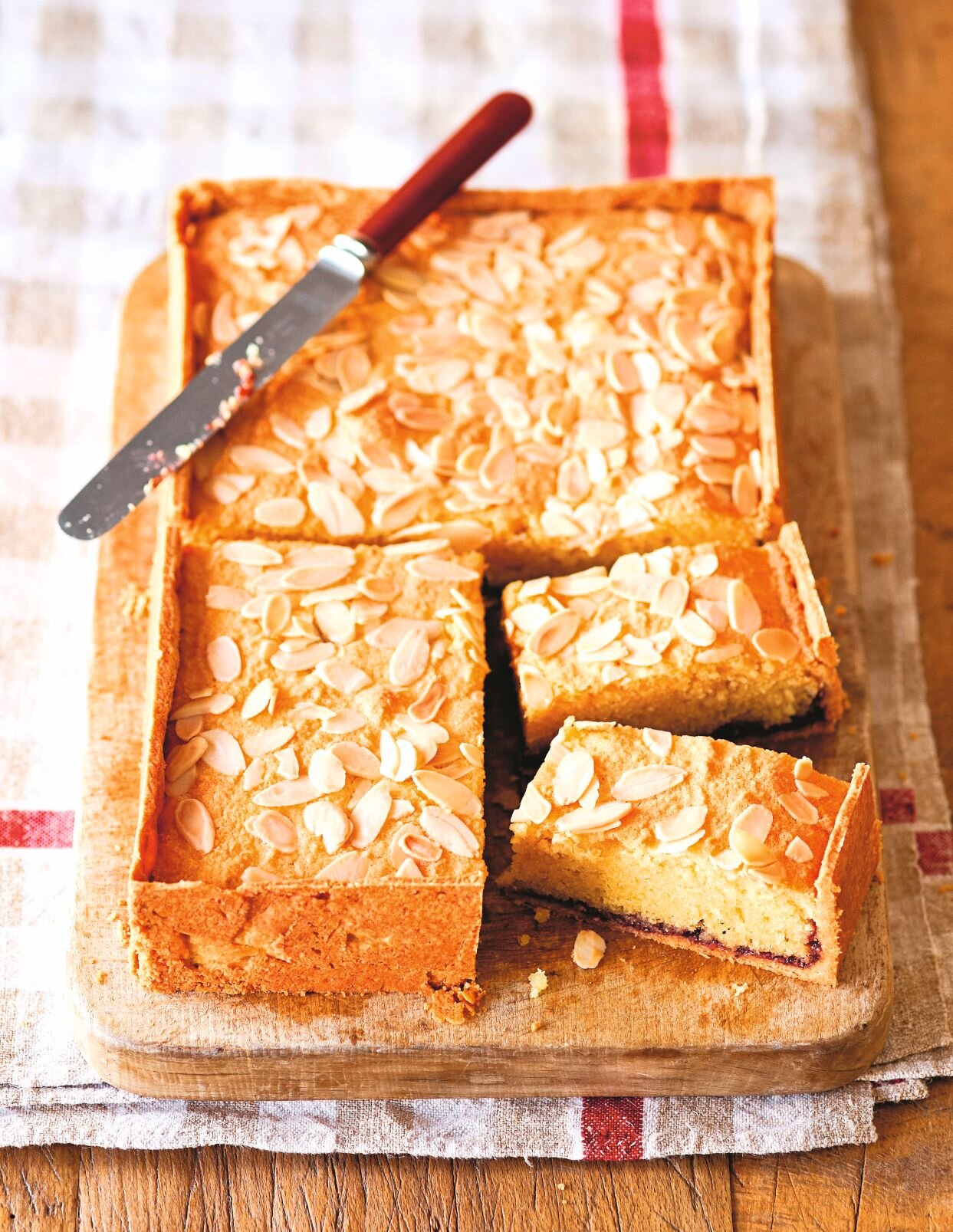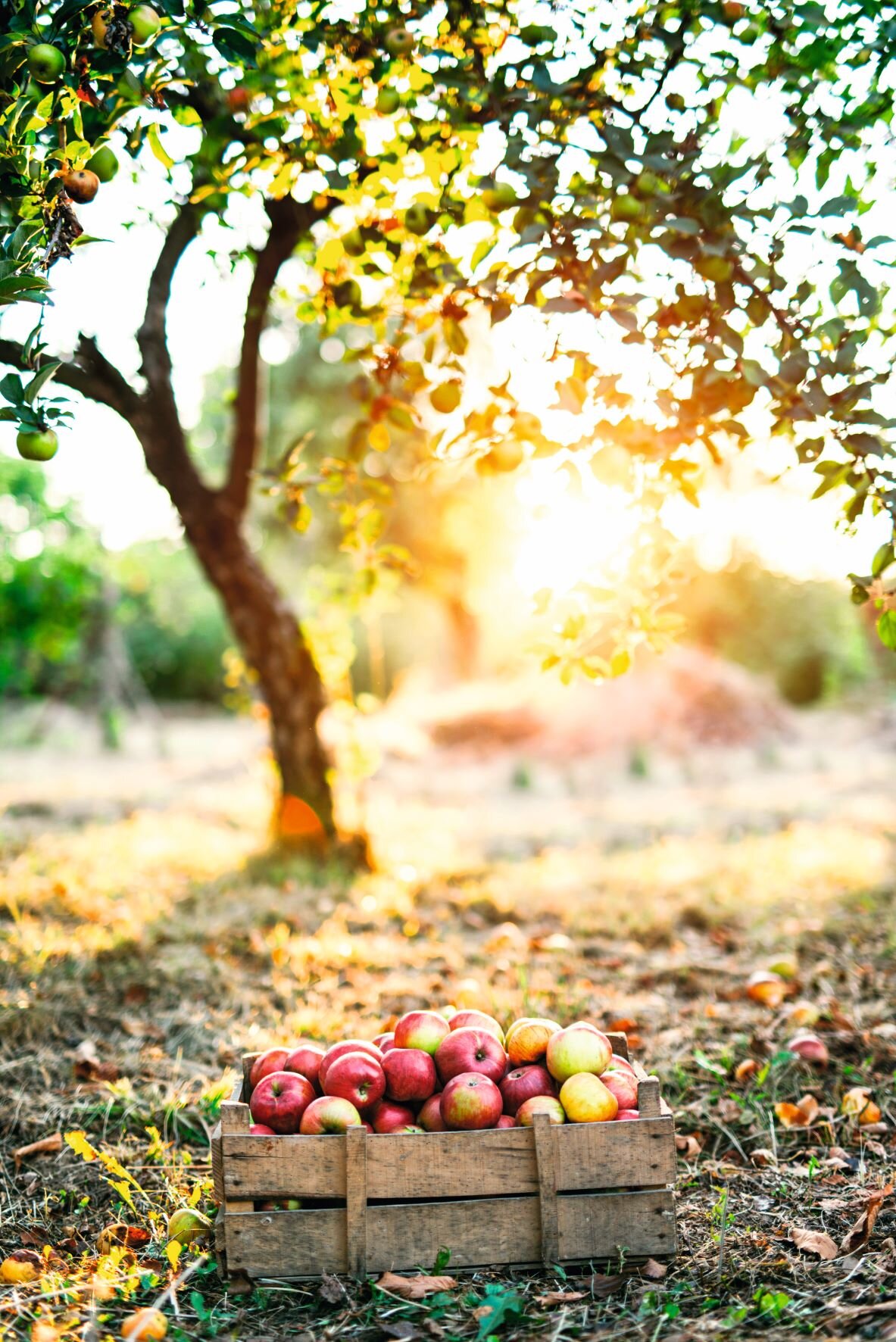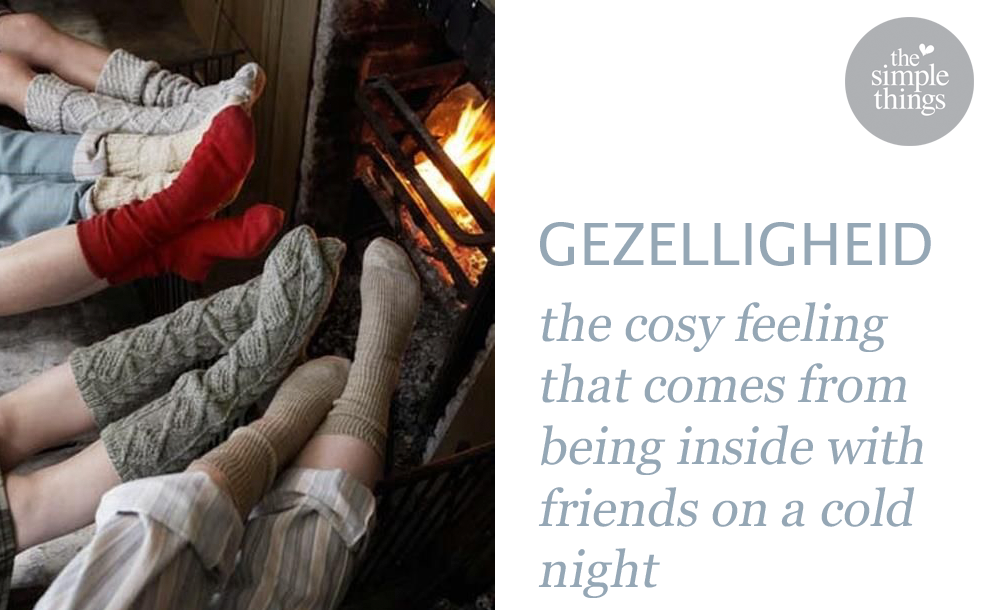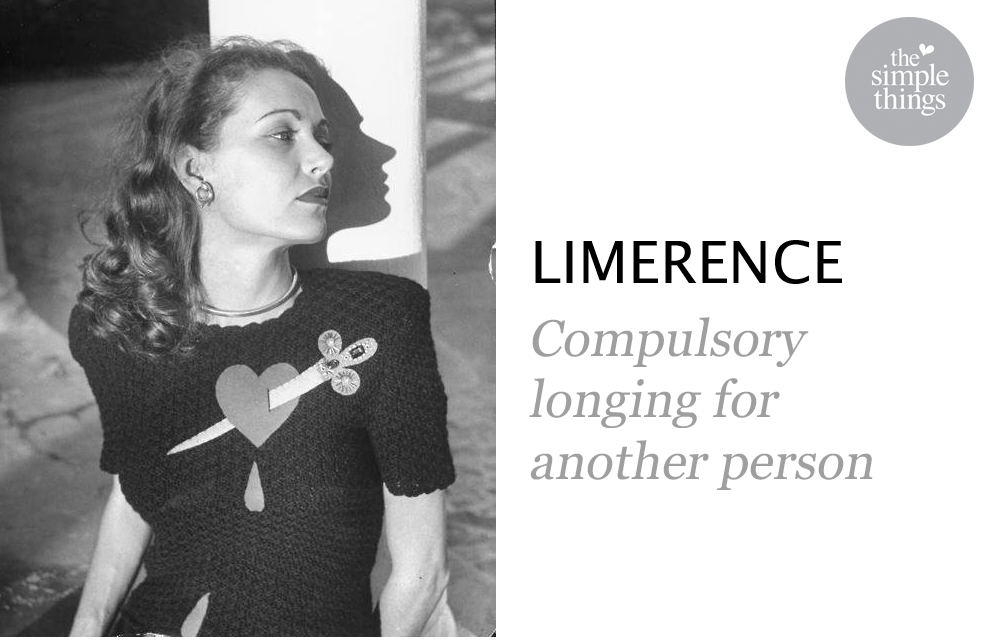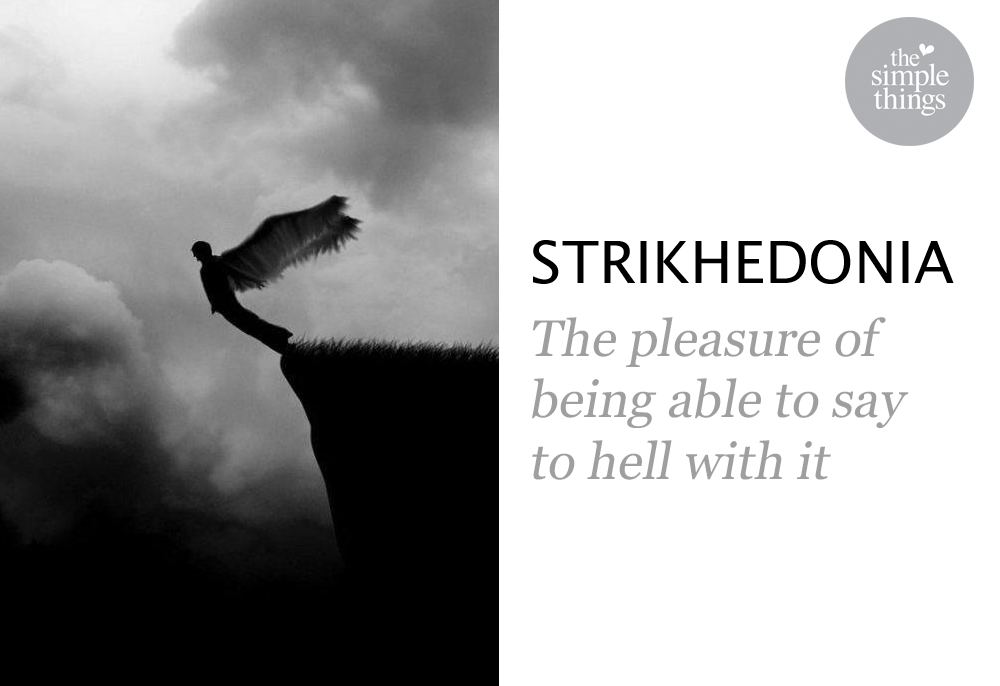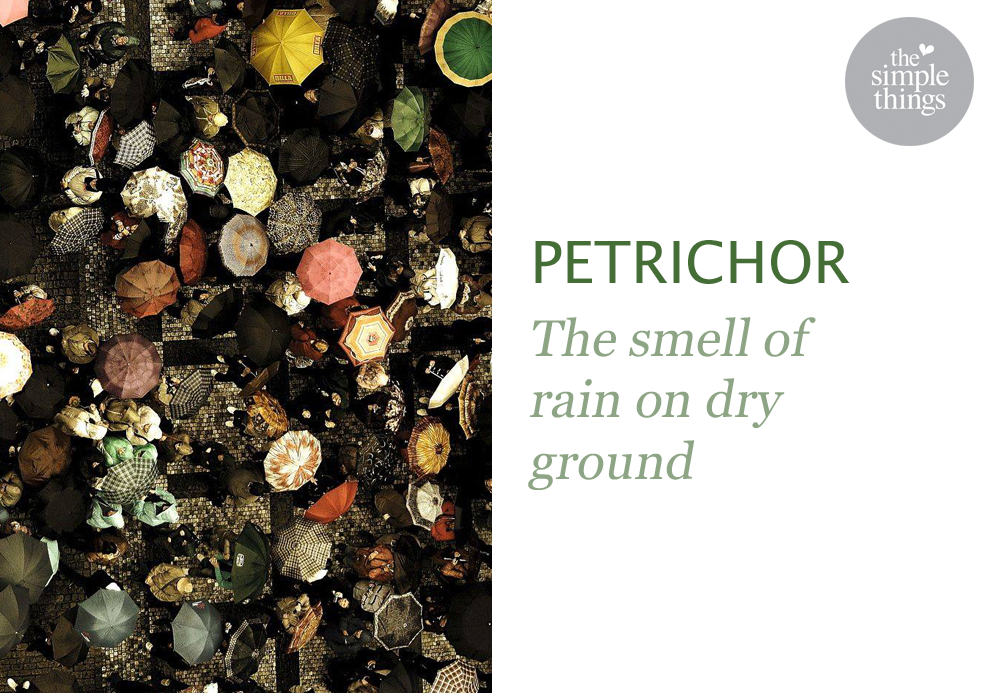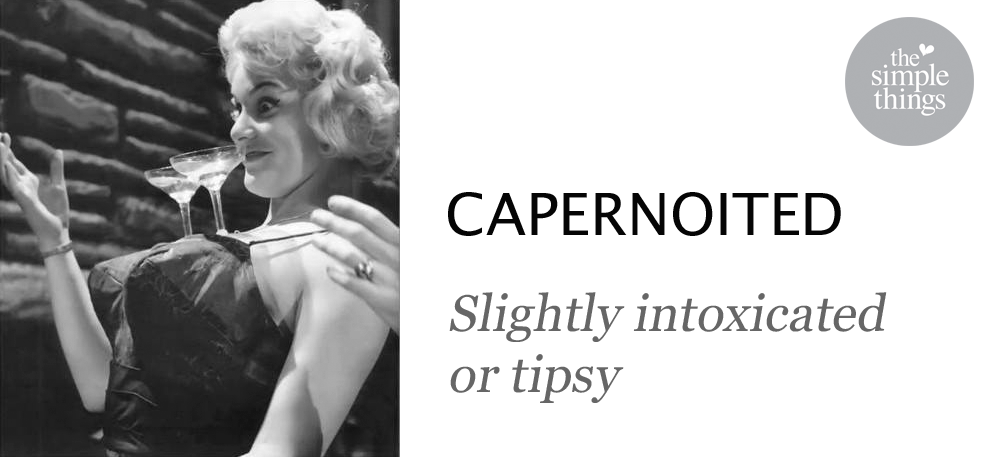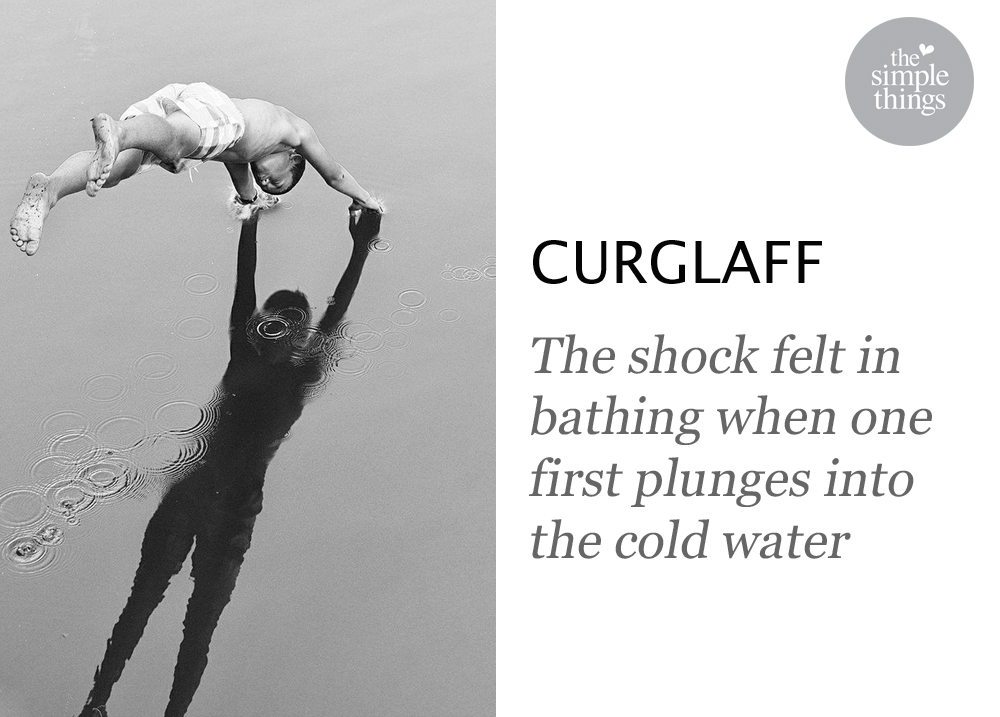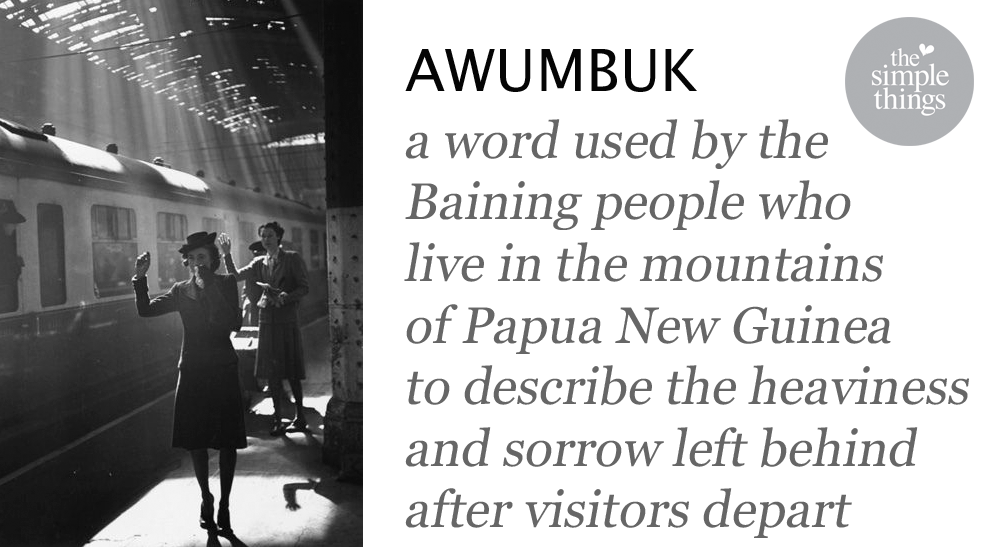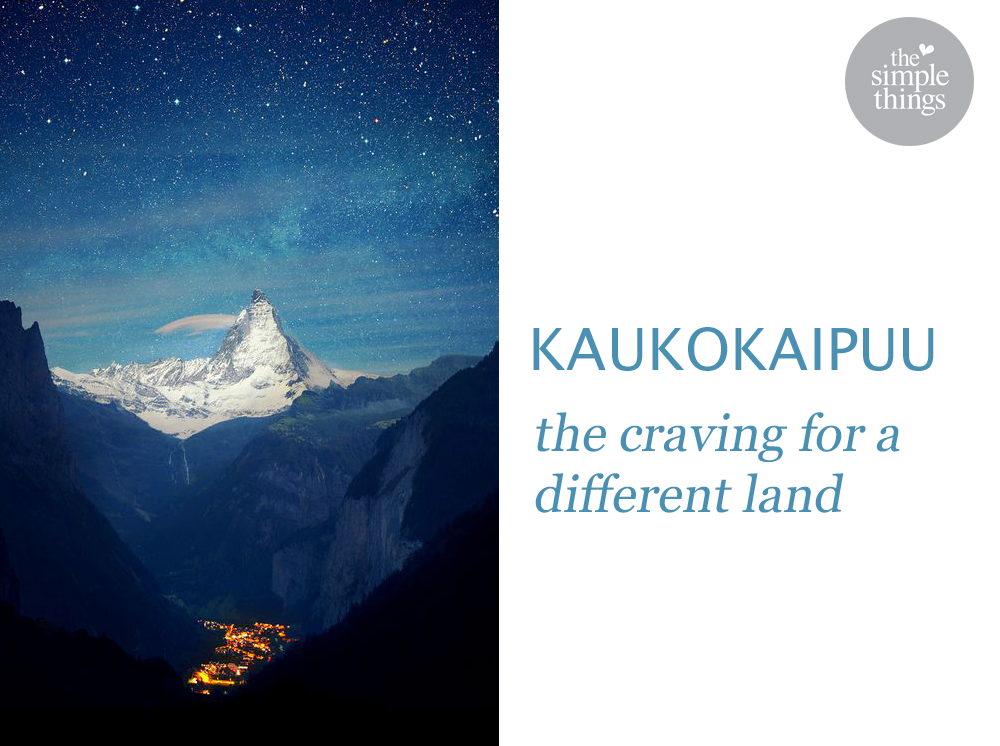The world of crossword puzzles is a fascinating one, but if you’re coming to it as a new puzzler, it can feel like a bit of a closed shop, full of tricks and turns to catch out - or leave you defeated. Here are a few types of clues to look out for and hopefully help you on your way to some completed grids.
Anagrams
Will include a definition of the word, the letters that form the new word, and an indicator that you’re looking for an anagram (it might say ‘out of sorts’ or ‘muddled’ or something else that suggests a rearrangement.
Reversals
Similar to an anagram but here you’re looking for a word you simply turn backwards. So ‘Desserts turned hard’ would be ‘stressed’. Desserts is ‘stressed’ backwards and ‘hard’ indicates stress. The word ‘turned’ is a clue that you’re looking for a reversal.
Containers
This is where the answer is hidden inside one or more word in a clue. So the answer to the clue ‘A trAGEDy to have become old’ might be ‘aged’.
Double definitions
These clues use words that have more than one meaning and the clue references both. For example: ‘Carry a large grizzly mammal’ could be ‘bear’.
Homophones
A clue that involves words that sound like each other but have different meanings. So a clue that reads: ‘Sounds like you’re at the tail end of the story’ might have the answer ‘tale’, meaning story but it sounds the same as ‘tail’. Indicators that you're dealing with a homophone clue are phrases such as ‘sounds like’ ‘one hears’, ‘it’s said’ and the like.
Alternating letters
The answer is found taking alternate letters from words in the clue. The Guardian gives this as an example: ‘Young person regularly reading The Beano’. The answer is ‘teen’, a young person, taking alternate letters from The Beano. Look for words that hint at ‘alternating’ such as ‘regular’, ‘periodically’, ‘odd’ or ‘even’.
Spoonerisms
You may have heard Spoonerisms before, where the first letters of two words are switched. The Financial Times offers this example: ‘There’s a hole in the front door; Spooner wants improved Security’. The answer would be ‘letterbox’ (a hole in the front door) and a Spoonerism of ‘better locks’. These sorts of clues are easy to spot as they will almost always reference The Rev WA Spooner, after whom they are named.
Initial letters
As you might expect, you’re looking for an acronym here. ‘Initially, furniture can’t have all its refurbishments’ would be ‘chair’. The word ‘furniture’ gives you a clue to the word and the initial letters of the rest of the clue spell out ‘chair’. Often you’ll get a hint that it’s an acronym with the word ‘initially’ or ‘firstly’.
Deletions
Here, a letter is removed to give the answer so ‘Chicken liver starter, dish left out’ would be ‘paté’. A plate is a dish, and left out indicates a letter has been removed. Chicken liver gives a clue as to the answer.
&Lit
An &Lit clue is shorthand for ‘& literally so’. It’s a very crosswordy thing where different types of clue are employed but also the answer is the whole clue. Here’s an example from The Times: ‘This means getting excited about start of undertaking’. The answer is ‘enthusiasm’, as described by the whole clue, but you get there by putting the words ‘this means’ around the letter ‘u’, the start of undertaking.
In our July issue, we took a look at some of the women who made crosswords a phenomenon. You can read more about it (and try your hand at a few puzzles, too) from page 52.
Buy this month's The Simple Things - buy, download or subscribe












